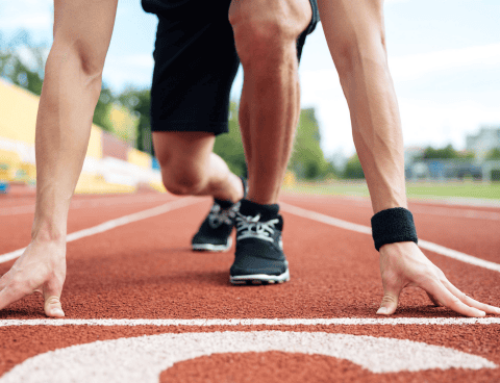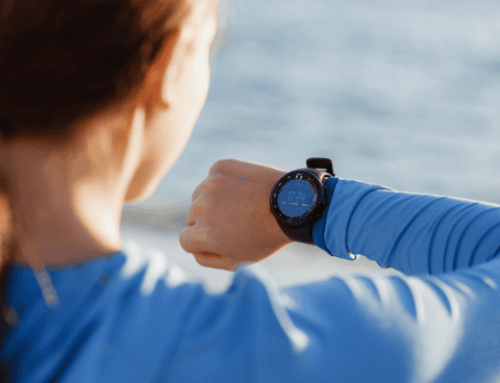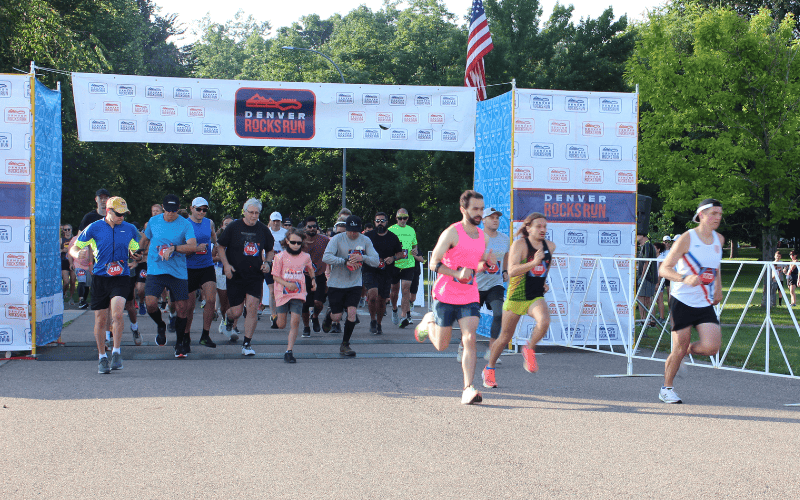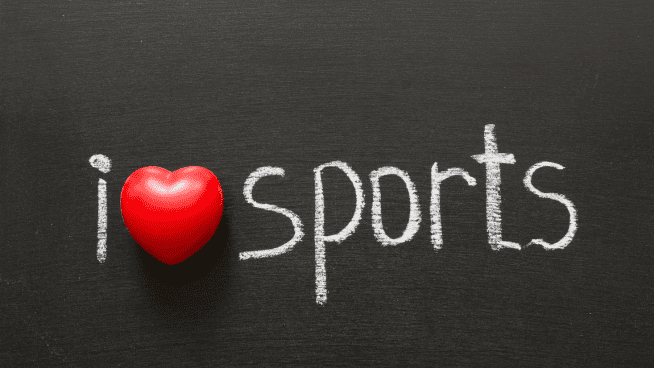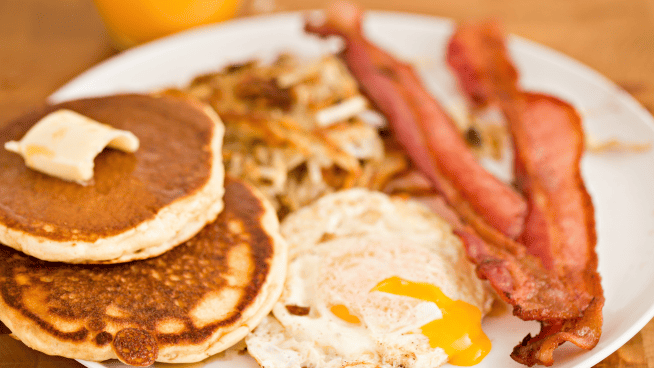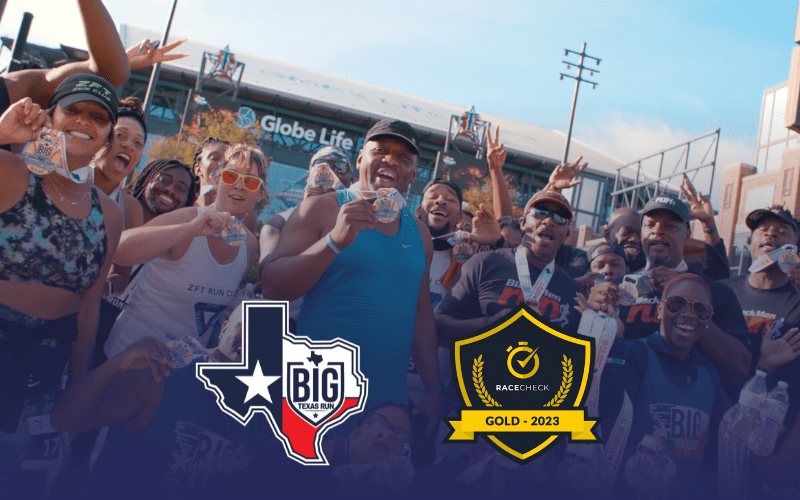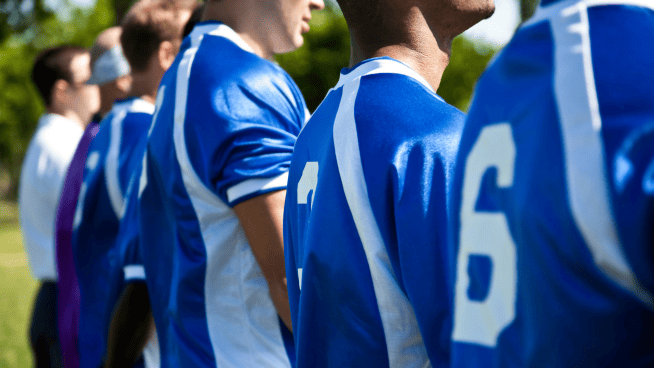How You Sleep, Eat and Hydrate Matters More Than Any Other Recovery Technique
Every athlete I train is looking for that edge that can put them over the top.
Most young athletes believe that if they simply lift weights more often, they will automatically get bigger and stronger. I previously wrote the piece “Why Young Athletes Shouldn’t Lift Every Day” in order to dispel this myth. A high-quality session followed by optimal recovery will lead to much greater adaptations than non-stop lifting. The easiest way to gain an edge over other athletes is by having the intent to recover better than them. Most young athletes do not eat well, sleep enough or generally think about how they can help their body feel and move better.
Recovery from a strenuous workout is not laying on the couch for two straight days playing Fortnite. A healthy lifestyle includes light to moderate physical activity every single day. Go for a hike, play a little basketball, go to the pool, ride your bike, take a long walk, etc. Light physical activity is not going to stop your body from being able to recover. Research has shown that light physical activity can actually temporarily reduce pain from DOMS (Delayed-Onset-Muscle-Soreness), which can aid recovery. Just because you aren’t training does not mean you should cease all movement.
Now, let’s talk about the essentials of recovery.
The Essentials of Recovery
The three pillars of proper recovery are eating right, hydration and sufficient sleep.
You eat, drink and sleep every single day. But how well you do them has an absolutely massive impact on your recovery, much more so than techniques like ice baths or stretching.
If you’re failing in just one of the these three pillars, your recovery is going to seriously suffer. If you’re coming up short in two or more, you’re straight-up sabotaging your performance. And the truth is, most young athletes do not own these three pillars like they should.
If you are able to do these three things well, you’ll be simply amazed how much better you feel and how much more you get out of your training.
Hydration
A this study found that more than 50% of American teens and children don’t drink enough water, and 25% of them don’t drink any water on a daily basis.
The human body is roughly 60 percent water, and water plays a crucial role in almost every important bodily process. Water transports nutrients and oxygen, supports proper muscle contraction, improves joint function and fights fatigue. Being even slightly dehydrated can cause decreases in reaction time, mood and focus. The negative effects of not drinking enough water are almost too many to count, particularly for athletes.
The National Academies of Sciences, Engineering, and Medicine recommends an intake of:
- 125 fluid ounces a day for men
- 91 fluid ounces a day for women
For males, that’s roughly a gallon of water. If you are a larger individual, it should be more than that, and on any days you train, you should increase your water intake. Females have a slightly lower recommendation, but it’s still well beyond what most people currently consume. It may take you a while to work up to these totals, but once you actually start drinking more water, you’ll find it goes down easier and you crave it more often. These 11 easy tips can help you increase your water consumption.
Nutrition
Sports nutrition is an entire science in and of itself, so we cannot cover it in just a couple paragraphs. However, following just a few basic food recovery rules can make a drastic difference in your diet and performance.
Protein is necessary to consume after a workout, but it does not have to be immediately after your workout. Many of the muscle-building benefits of protein intake can be achieved by consuming it before, after or during a workout, but it is important to make sure you get in 28-35 grams of protein to increase protein synthesis.
Carbohydrates are needed to replenish glycogen, but as long as your workouts are not extremely long (such as 10-plus-mile runs), their consumption doesn’t necessarily need to be timed a set amount of time before your workout provided you are getting enough throughout the day.
We need to stop associating dietary fat with images of obesity, because dietary fat is not as harmful for you as we once thought. Fat is needed for insulating your organs, digesting Vitamins A, D, E and K, and is your primary energy source during low intensity activities (like reading this article). But healthy fats, like those found in foods like nuts and seeds, nut butters, avocados, olive oil, etc., offer the most benefit.
Nutrition does not have to be complex. If I can sum up my nutritional philosophy in a phrase it would be eat real food. Eat a ton of fruits and vegetables. Eat a wide variety of beans, nuts, seeds, legumes, meats and whole grains. Many people attempt to make it more complicated than that, but in reality, if your diet is mostly plants and other quality nutrient-dense foods, you will get all the nutrients your body needs to optimally perform. Teen athletes often have a tremendously difficult time consuming enough calories, so worrying just about what you eat isn’t enough. You also have to think about how much and how often you’re eating.
Sleep
It shouldn’t need to be said, but insufficient sleep is an absolute killer when it comes to making gains and maintaining high performance. There are very few young athletes who sleep enough. Teenagers need roughly 8-10 hours of sleep per night, and young adults need 7-9 hours of sleep per night. The more you can get, the better. Want to get bigger, faster and stronger? Go to bed earlier. There’s a reason many NFL players hit the hay before 10 p.m.
An abstract presented at the 2012 American Academy of Pediatrics National Conference found that adolescent athletes who slept eight or more hours each night were 68% less likely to be injured than athletes who regularly slept less, while a 2011 study published in SLEEP found that basketball players at Stanford University saw big improvements in sprint performance and shooting accuracy after increasing their sleep to 10 hours per night for five to seven weeks.
Hydration, nutrition and sleep are the non-negotiable pillars of recovery. In my opinion, if you don’t have those dialed in, you should spend time working to address that before heavily investing in other recovery strategies. If you’re able to sleep, eat
Photo Credit: wsfurlan/iStock, NiseriN/iStock
READ MORE:
RECOMMENDED FOR YOU
MOST POPULAR
How You Sleep, Eat and Hydrate Matters More Than Any Other Recovery Technique
Every athlete I train is looking for that edge that can put them over the top.
Most young athletes believe that if they simply lift weights more often, they will automatically get bigger and stronger. I previously wrote the piece “Why Young Athletes Shouldn’t Lift Every Day” in order to dispel this myth. A high-quality session followed by optimal recovery will lead to much greater adaptations than non-stop lifting. The easiest way to gain an edge over other athletes is by having the intent to recover better than them. Most young athletes do not eat well, sleep enough or generally think about how they can help their body feel and move better.
Recovery from a strenuous workout is not laying on the couch for two straight days playing Fortnite. A healthy lifestyle includes light to moderate physical activity every single day. Go for a hike, play a little basketball, go to the pool, ride your bike, take a long walk, etc. Light physical activity is not going to stop your body from being able to recover. Research has shown that light physical activity can actually temporarily reduce pain from DOMS (Delayed-Onset-Muscle-Soreness), which can aid recovery. Just because you aren’t training does not mean you should cease all movement.
Now, let’s talk about the essentials of recovery.
The Essentials of Recovery
The three pillars of proper recovery are eating right, hydration and sufficient sleep.
You eat, drink and sleep every single day. But how well you do them has an absolutely massive impact on your recovery, much more so than techniques like ice baths or stretching.
If you’re failing in just one of the these three pillars, your recovery is going to seriously suffer. If you’re coming up short in two or more, you’re straight-up sabotaging your performance. And the truth is, most young athletes do not own these three pillars like they should.
If you are able to do these three things well, you’ll be simply amazed how much better you feel and how much more you get out of your training.
Hydration
A this study found that more than 50% of American teens and children don’t drink enough water, and 25% of them don’t drink any water on a daily basis.
The human body is roughly 60 percent water, and water plays a crucial role in almost every important bodily process. Water transports nutrients and oxygen, supports proper muscle contraction, improves joint function and fights fatigue. Being even slightly dehydrated can cause decreases in reaction time, mood and focus. The negative effects of not drinking enough water are almost too many to count, particularly for athletes.
The National Academies of Sciences, Engineering, and Medicine recommends an intake of:
- 125 fluid ounces a day for men
- 91 fluid ounces a day for women
For males, that’s roughly a gallon of water. If you are a larger individual, it should be more than that, and on any days you train, you should increase your water intake. Females have a slightly lower recommendation, but it’s still well beyond what most people currently consume. It may take you a while to work up to these totals, but once you actually start drinking more water, you’ll find it goes down easier and you crave it more often. These 11 easy tips can help you increase your water consumption.
Nutrition
Sports nutrition is an entire science in and of itself, so we cannot cover it in just a couple paragraphs. However, following just a few basic food recovery rules can make a drastic difference in your diet and performance.
Protein is necessary to consume after a workout, but it does not have to be immediately after your workout. Many of the muscle-building benefits of protein intake can be achieved by consuming it before, after or during a workout, but it is important to make sure you get in 28-35 grams of protein to increase protein synthesis.
Carbohydrates are needed to replenish glycogen, but as long as your workouts are not extremely long (such as 10-plus-mile runs), their consumption doesn’t necessarily need to be timed a set amount of time before your workout provided you are getting enough throughout the day.
We need to stop associating dietary fat with images of obesity, because dietary fat is not as harmful for you as we once thought. Fat is needed for insulating your organs, digesting Vitamins A, D, E and K, and is your primary energy source during low intensity activities (like reading this article). But healthy fats, like those found in foods like nuts and seeds, nut butters, avocados, olive oil, etc., offer the most benefit.
Nutrition does not have to be complex. If I can sum up my nutritional philosophy in a phrase it would be eat real food. Eat a ton of fruits and vegetables. Eat a wide variety of beans, nuts, seeds, legumes, meats and whole grains. Many people attempt to make it more complicated than that, but in reality, if your diet is mostly plants and other quality nutrient-dense foods, you will get all the nutrients your body needs to optimally perform. Teen athletes often have a tremendously difficult time consuming enough calories, so worrying just about what you eat isn’t enough. You also have to think about how much and how often you’re eating.
Sleep
It shouldn’t need to be said, but insufficient sleep is an absolute killer when it comes to making gains and maintaining high performance. There are very few young athletes who sleep enough. Teenagers need roughly 8-10 hours of sleep per night, and young adults need 7-9 hours of sleep per night. The more you can get, the better. Want to get bigger, faster and stronger? Go to bed earlier. There’s a reason many NFL players hit the hay before 10 p.m.
An abstract presented at the 2012 American Academy of Pediatrics National Conference found that adolescent athletes who slept eight or more hours each night were 68% less likely to be injured than athletes who regularly slept less, while a 2011 study published in SLEEP found that basketball players at Stanford University saw big improvements in sprint performance and shooting accuracy after increasing their sleep to 10 hours per night for five to seven weeks.
Hydration, nutrition and sleep are the non-negotiable pillars of recovery. In my opinion, if you don’t have those dialed in, you should spend time working to address that before heavily investing in other recovery strategies. If you’re able to sleep, eat
Photo Credit: wsfurlan/iStock, NiseriN/iStock
READ MORE:

